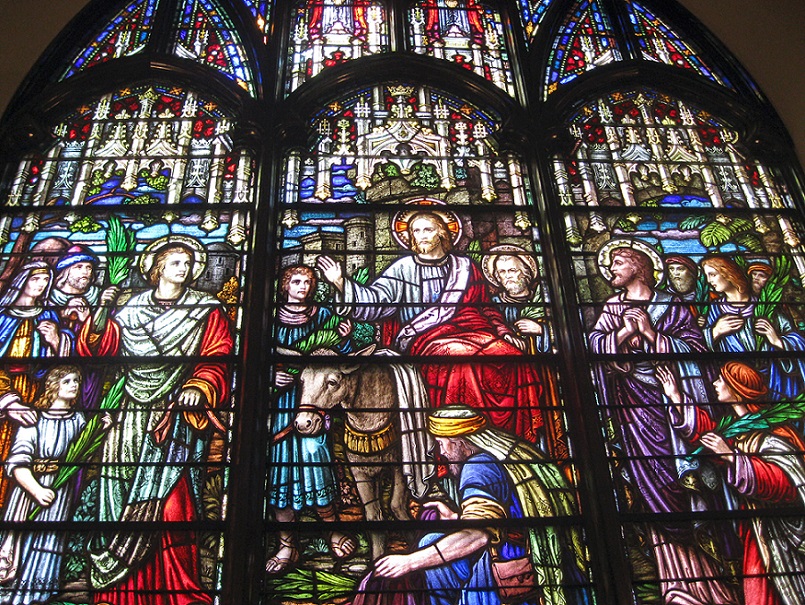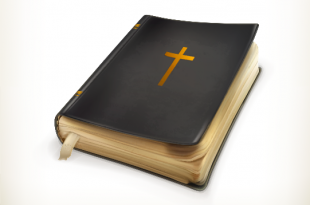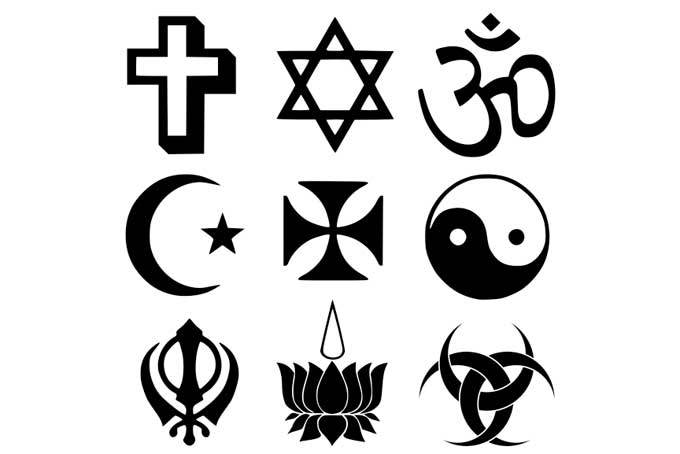An American living much of the year in Mexico wrote asking me to “state my religious agenda.” I don’t care for agendas, especially hidden ones. But intent is important. And it boils down to the difference between religion and religiosity.
 This reader says that organized religion is a “null set.” By that he means that religion is invalid, indeed, that it amounts to nothing. I think he may be throwing the baby out with the bathwater however.
This reader says that organized religion is a “null set.” By that he means that religion is invalid, indeed, that it amounts to nothing. I think he may be throwing the baby out with the bathwater however.
It’s true that thousands of years of organized religion haven’t made humans less violent and more compassionate toward each other. And it’s true that the old curbs on bad behavior that religion once provided through moral strictures have been more than offset by divisions, hatreds and conflicts generated by religious identification.
It’s also true that we’re living in the sum of all dark ages, and there is no such thing as social and religious progress.
However religion reflects two powerful, apparently innate human tendencies–one good, the other harmful. On one hand the universality of religion shows that the religious impulse is common to all people. Healthy people have an innate drive to experience wholeness and inviolability.
On the other hand, the tendency to crystallize religious experience around priests, gurus and teachers, not to mention into organized religions, reflects the domination of the mind over the heart, and the emotions over the spirit.
Each person can replenish and deepen his or her spiritual life by drawing from the infinite well of insight awakened through self-knowing, right observation and deep questioning. Scriptures, priests, traditions and rituals impede this process by crystallizing religious insights and experiences into beliefs and structures, which replace direct perception and feeling.
The greater the genuine religiosity, the less rigidly a person clings to a belief system. Being finished with belief systems, the religious impulse burns away the dross and debris of experience within one, and by extension, in human consciousness.
The fact is that organized religion has impeded the spiritual development of the human being. Beliefs, the currency of religions, corrupt religiosity; and fundamentalist beliefs corrupt it absolutely. In short, the stronger the belief, the greater the spiritual corruption.
Spiritual growth is at once arduous and effortless. If one takes the time to negate the separate self, through radical self-honesty, questioning and passive observation, the mind naturally quiets and the movement of negation spontaneously ignites.
When the observer dissolves in undivided observation, thought slows, and time stops. Being fully in the present, the timeless now, life and death are as close as breathing in and breathing out.
Then there is something beyond words, ideas, concepts and beliefs. Call it what you will. I don’t like to give it any name, since that’s where the trouble with organized religion begins.
One has to take the time and devote the energy to one’s inner life every day, even if just half hour sitting alone in a room watching the movement of one’s thoughts and emotions as light changes at dusk. When the self falls away, and the mind quiets down, the brain is renewed, and infused with insight.
Given the validity of religious experiencing (in the sense that there is a sacredness beyond the human mind of which the silent mind/brain can be aware), does human existence have any more significance in the universe than any other life?
Tentatively, yes. Our brains, because they give us the potential to be aware of and in communion with cosmic intelligence, have significance to the intelligence that imbues the universe—up to a point. As far as I can see, this is that point.
So is there a ‘religious agenda’ that has nothing to do with any religion? No agenda, just the intent is to bring about a revolution in human consciousness. Is that beginning to happen? I see no sign of it, but this could be the darkest hour before the dawn.
When the psychological revolution finally ignites, a new species of human being will emerge. Human beings will then live in imperfect harmony with nature and each other–as opposed to our present trajectory of increasing disharmony, which is eroding the human character and soul, and driving humans toward a machine-like existence, where we become indistinguishable from our machines.
Religiosity begins and ends within the individual. An inner revolution starts with seeing that all intermediaries, whether priests, so-called masters, or scriptures, prevent true religious experiencing.
The state of insight and understanding is the true meaning and purpose of human life.
Martin LeFevre

